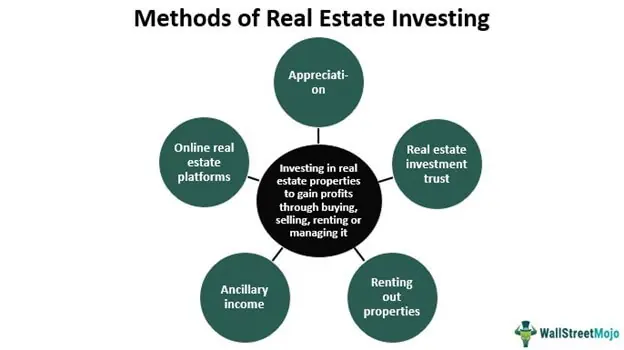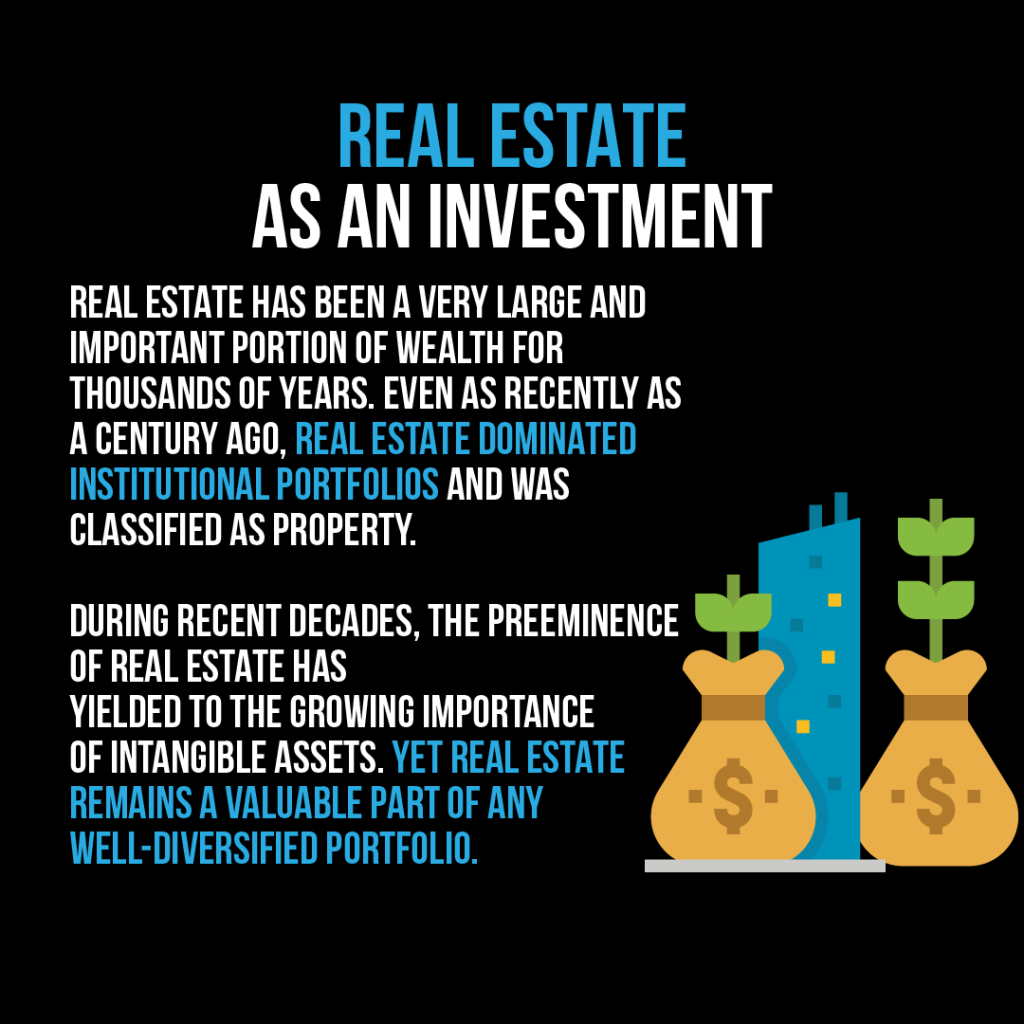1.1 Contenuto locale (specifico per l'Europa): comprendere gli investimenti immobiliari in Europa
Obiettivi di apprendimento della lezione:
- Grasp the diverse nature of European real estate markets, recognizing how differences in legal frameworks, tax incentives, and market dynamics across countries affect investment strategies.
- Understand local regulations and taxes which play a significant role in the profitability and feasibility of real estate investments in different European countries.
- Explore cross-border investment opportunities within the European Union, noting the benefits and challenges of investing across national borders under EU regulations.
- Learn about sustainability requirements in European real estate, particularly the EU Energy Performance of Buildings Directive, which influences both new developments and renovations.
- Identify effective investment strategies specific to Europe, such as purchasing residential properties in city centers for short-term rentals or taking advantage of programs like Portugal’s Golden Visa.

Figura: Fundamentals of Real Estate Investment
Descrizione:
The figure pertains to the broader theme of real estate investment, as derived from the context provided. The image might showcase various elements related to real estate, including types of properties (residential, commercial, industrial), potential returns, risks, and investment strategies.
Punti chiave:
- Diverse Investment Avenues: Real estate provides a myriad of opportunities, from investing in residential homes to commercial spaces or raw land.
- Rendimenti potenziali: Real estate investment can yield both passive income through rents and appreciation in property value over time.
- Risks and Challenges: The image might highlight the risks associated with real estate, like property management challenges, market downturns, and interest rate fluctuations.
- Strategic Approaches: Different investment strategies, such as buy-and-hold, fix-and-flip, or investing in Real Estate Investment Trusts (REITs), might be emphasized.
- Comparative Benefits: The image could also touch upon the advantages of real estate investment compared to other investment avenues.
Application of Information:
rasping the nuances of real estate investment is crucial for potential investors looking to diversify their portfolio. The tangible nature of real estate assets, potential for consistent rental income, and long-term appreciation make it an attractive investment avenue. However, it’s essential to approach it with a well-researched strategy, considering market conditions, property location, and individual financial goals.
1.1 Contenuto locale (specifico per l'Europa): comprendere gli investimenti immobiliari in Europa
Real estate investing in Europe varies significantly from country to country, with each having its own legal frameworks, tax incentives, and property market dynamics. In general, real estate investment in Europe refers to the purchase, ownership, and management of property—whether residential, commercial, or industrial—with the goal of generating income or gaining capital appreciation.
Lorem ipsum dolor sit amet, consectetur adipiscing elit. Ut elit tellus, luctus nec ullamcorper mattis, pulvinar dapibus leo.
European Real Estate Markets
European real estate markets can differ substantially depending on location. Major cities like London, Paris, E Berlin often have highly competitive markets, driven by factors such as economic growth, business hubs, and tourism. Conversely, rural areas may present more affordable opportunities but come with lower demand for rental properties or slower property appreciation rates.

Key Factors for European Investors:
- Local Regulations and Taxes: European countries often have strict real estate regulations and tax policies. For example, countries like Germania impose rental control laws to ensure affordable housing, while Francia has high property taxes that impact profitability. Understanding these regulations is critical before investing.
- Cross-Border Investment: As a member of the European Union, cross-border real estate investment within the EU Single Market is often more seamless, allowing investors from one country to purchase property in another with fewer restrictions. However, real estate laws can vary greatly outside of the EU.
- Sustainability Requirements: Many European countries have environmental regulations in place that require real estate developers and investors to meet energy efficiency and sustainability standards. The EU Energy Performance of Buildings Directive is a major example, aiming to make buildings across Europe more energy-efficient, impacting both new construction and renovations.

Example of European Real Estate Investment
A common investment strategy in Europe involves purchasing residential properties in city centers like Amsterdam O Madrid and renting them out to short-term tenants or tourists, particularly in high-demand tourist areas. However, some countries, such as Portogallo, offer special tax incentives to foreign investors under programs like the Golden Visa, which grants residency to non-EU nationals who invest in property.
Taxation in Europe
Real estate investors in Europe need to navigate property transfer taxes, capital gains taxes, E inheritance taxes. For example, Spagna applies a 6-10% property transfer tax depending on the region, while Svezia has a flat 30% capital gains tax on real estate profits. Understanding local tax regimes is crucial for successful real estate investing in Europe.
Informazioni chiave sulla lezione:
- European real estate markets are highly varied, with each country presenting distinct investment landscapes influenced by local laws, economic conditions, and cultural factors.
- Regulations and taxes can significantly impact the profitability of investments, with countries like Germany and France implementing unique policies that affect housing affordability and investor returns.
- IL EU Single Market enhances the ease of cross-border investments within Europe, though differences in national real estate laws still require careful consideration.
- Sustainability standards in Europe are stringent, requiring investors to meet specific environmental criteria, which can influence both the cost and appeal of properties.
- Strategic investment approaches such as leveraging tourist demand in urban centers or utilizing tax incentives like the Golden Visa can provide substantial benefits under the right conditions.
Dichiarazione di chiusura:
Investing in European real estate offers a unique blend of opportunities and challenges. By understanding the intricacies of local markets and regulations, investors can effectively navigate the landscape to maximize returns and minimize risks.

